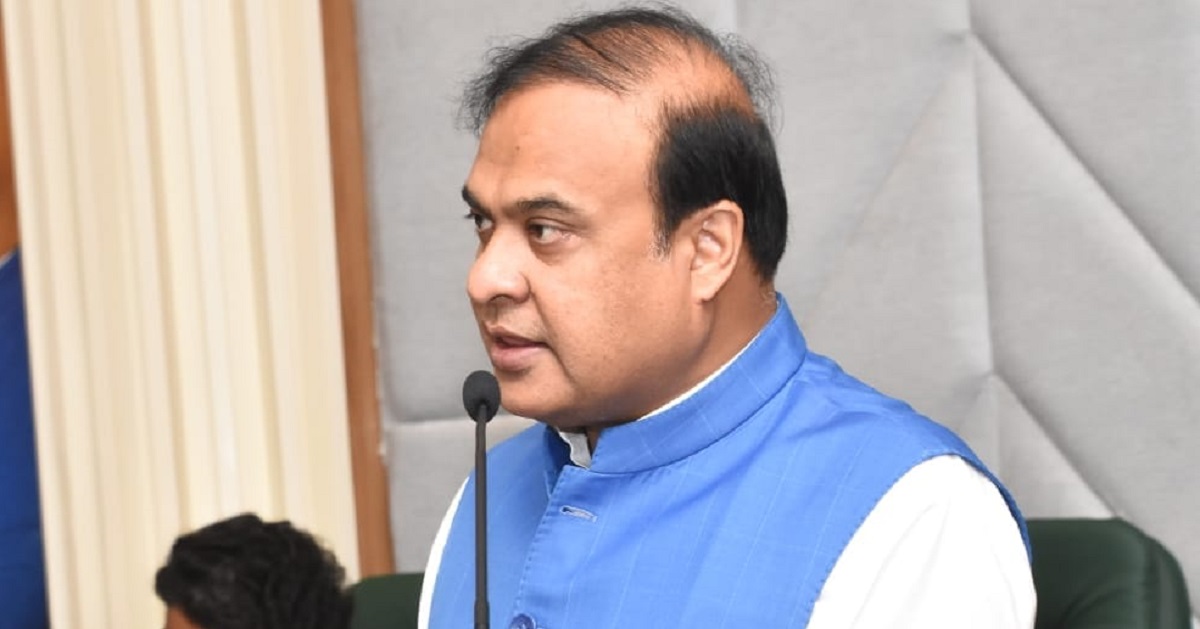While the chief ministers of Arunachal Pradesh, Assam, and Manipur have welcomed the decision of the Centre to fence the entire 1,643-km-long India-Myanmar border, several Manipur based organisations including influential Coordinating Committee on Manipur Integrity (COCOMI) also hailed the decision.
They said that the step will check the movement of inimical elements from across the border.
“A great move in the right direction to make our borders foolproof. Gratitude to Hon’ble Prime Minister Shri Narendra Modi ji and Hon’ble Home Minister Shri Amit Shah ji to fence our borders along Myanmar,” Arunachal Pradesh chief minister wrote on X.
He said that state-of-the-art surveillance will check the movement of unscrupulous elements
Earlier, Manipur chief minister N. Biren Singh had also thanked Home Minister Amit Shah for the decision to fence the India-Myanmar border.
COCOMI Spokesperson Khuraijam Athouba said that fencing along the India-Myanmar border is necessary. “The ongoing violent crisis in Manipur can be traced back to the root cause of population explosion resulting from significant illegal immigration since the 1950s, particularly during every political crisis, from Myanmar,” he said.
“This influx is now being exploited as a means to occupy territories in Manipur, fueled by the generation of new imaginary ideas like Zalengam. It is crucial to acknowledge and understand this historical pattern to navigate the complexities of the present situation.”
The COCOMI leader told IANS: “We sincerely hope the Central government will follow steps which would equally be guided by truth. We seek no favors, only decisions rooted in unwavering truth.”
Few other Meitei groups also alleged that various drugs are being smuggled into India from Myanmar taking advantage of the unfenced international border. Officials said that the main objective of fencing is to stop misusing the border for illegal activities as some inimical outfits including militant groups are misusing the Free Movement Regime (FMR) between India and Myanmar.
Mizoram chief minister Lalduhoma and many leading and influential organisations, including Naga and Mizo organizations have opposed both the fencing and the scrapping of FMR. Lalduhoma had said in Aizawl that his government does not have the authority to stop the Centre from erecting border fencing along the India-Myanmar border and scrapping the FMR between the two countries, but it would oppose both the moves.
Lalduhoma had said that the border with Myanmar in Mizoram was “unilaterally imposed” by the British without consulting the people and the Mizo-Zo-Chin community people living on both sides of the border do not accept the boundary.
Nagaland chief minister Neiphiu Rio had said the decision of the Centre to fence the India-Myanmar border needs thorough discussion before implementation. “We have to work out a formula on how to solve the issue for the people and prevent infiltration as well, because Nagaland is bordered by Myanmar, and on both sides there are Nagas,” Rio said.




